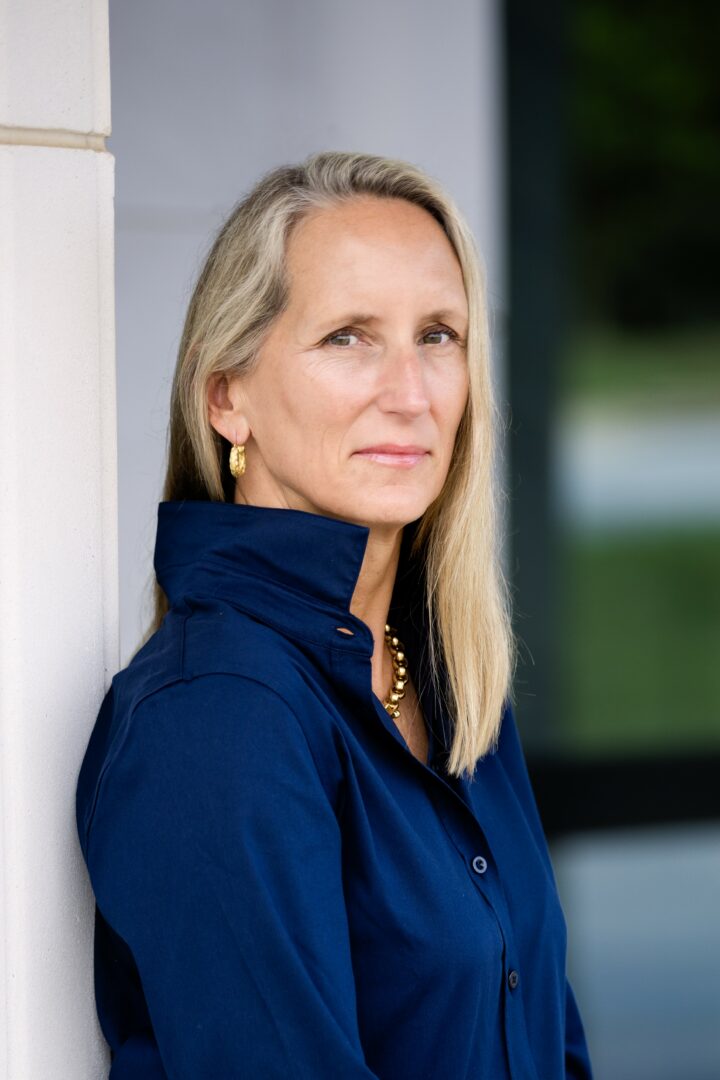Alright – so today we’ve got the honor of introducing you to Michel Stone. We think you’ll enjoy our conversation, we’ve shared it below.
Hi Michel, thanks for sharing your insights with our community today. Part of your success, no doubt, is due to your work ethic and so we’d love if you could open up about where you got your work ethic from?
I played multiple sports in my youth. My parents probably put a million miles on the station wagon hauling me to and from basketball, volleyball, softball, and track practices, games, meets, and matches. I loved competing. Still do. But I’m mostly competitive with myself. My work ethic undoubtedly comes from all those years in hot gyms and on steamy tracks, striving to improve. I’ve always found joy and satisfaction when dedicated effort paid off. Writing, like life, is all about picking yourself up when you fall short and giving it another go. Along with that notion of discipline and effort comes the acknowledgment that there will always be peripheral noise – the jeers from opponents when you’re on the court, but also in a larger, general sense the noise of distraction, disappointment, naysayers, self-doubt. Once, I had a publicist I’d solicited to represent me turn me down, saying my new manuscript was not a good fit for her. I was really bummed. Two days later I received an unsolicited, hand-written note in the mail from Delia Owens, author of Where the Crawdads Sing, saying she was reading my novel The Iguana Tree and that I “write so beautifully.” I was thrilled and deeply touched that she took the time to write to me. But the truth is, neither the publicist’s rejection or the best-selling author’s praise is a definitive evaluation of me or of my next book. What matters is that I use rejection and praise wisely. The rejection motivates me and strengthens my resolve to improve and the praise validates me and lights my fire to earn more praise by getting back to my desk to write, which is the only way my next book can become a reality.

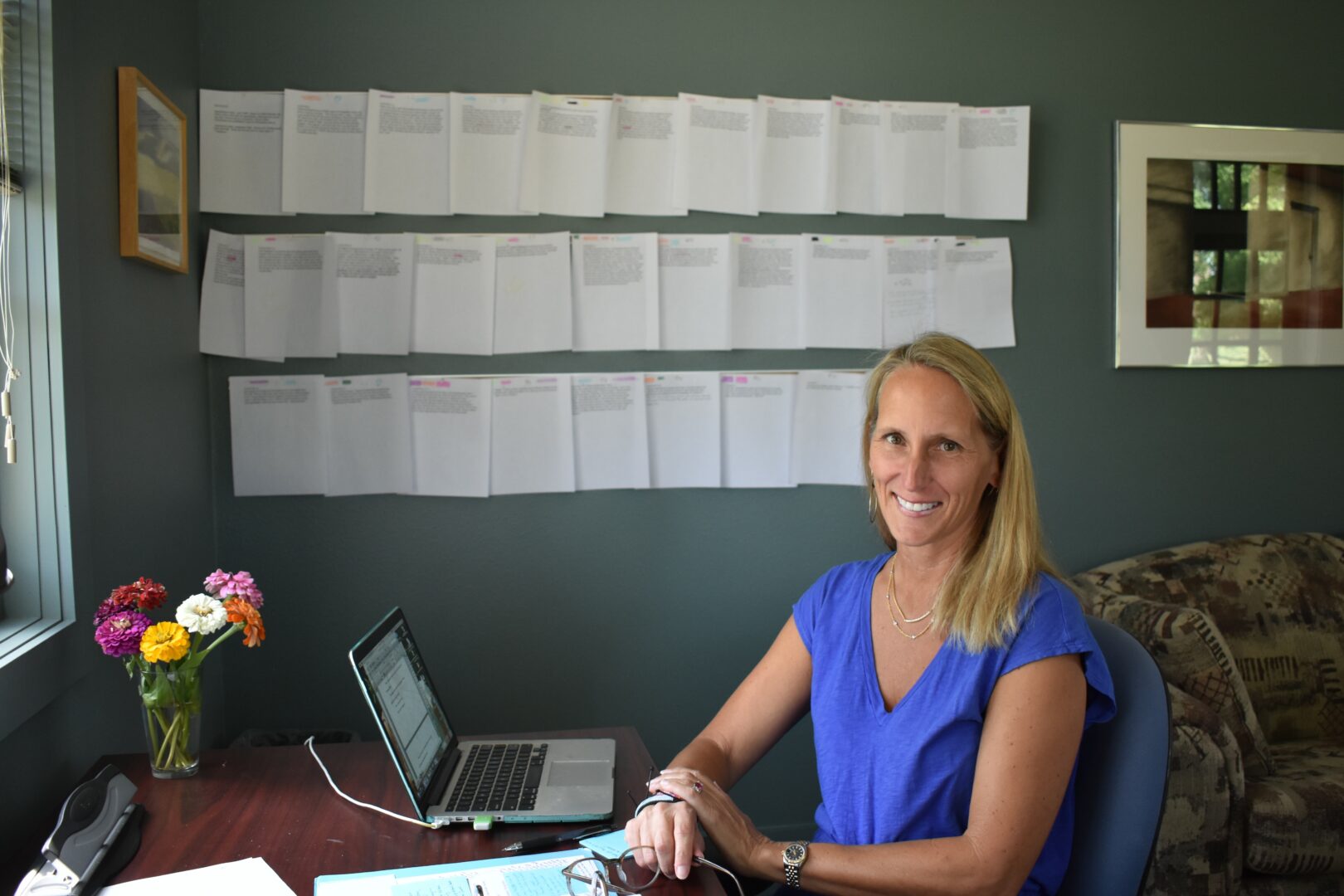
Appreciate the insights and wisdom. Before we dig deeper and ask you about the skills that matter and more, maybe you can tell our readers about yourself?
I’m a novelist and occasional essayist and short story writer. My novels are The Iguana Tree (Hub City Press, 2012), Border Child (Nan A. Talese/Doubleday, 2017) and Fig Days (Regal House Publishing, forthcoming April, 2027). I have a master’s degree in secondary education and I’ve taught at the middle school, high school, and college levels. I’ve also coached girls’ and boys’ basketball. I’m currently working on my fourth novel and what most excites me about that process is the discoveries I make along the way. I love creating stories that require research because I learn as I go. The hardest part for me is writing the initial draft. What I most enjoy is going back and fleshing out that skeleton. That’s the real fun! I’m also an outdoor enthusiast. My husband, our three children, and I love to be in nature. Two years ago we trekked to the top of Mt. Kilimanjaro in Tanzania – a life highlight. Weather permitting, I typically do my writing at a table behind my house; my writing just flows better when I’m outside. My interest in the natural world always comes through in my novels. The protagonist in my forthcoming novel, Fig Days, is a river guide and her mother is a master gardener. Both characters provided me rich opportunity to write about activities I enjoy.
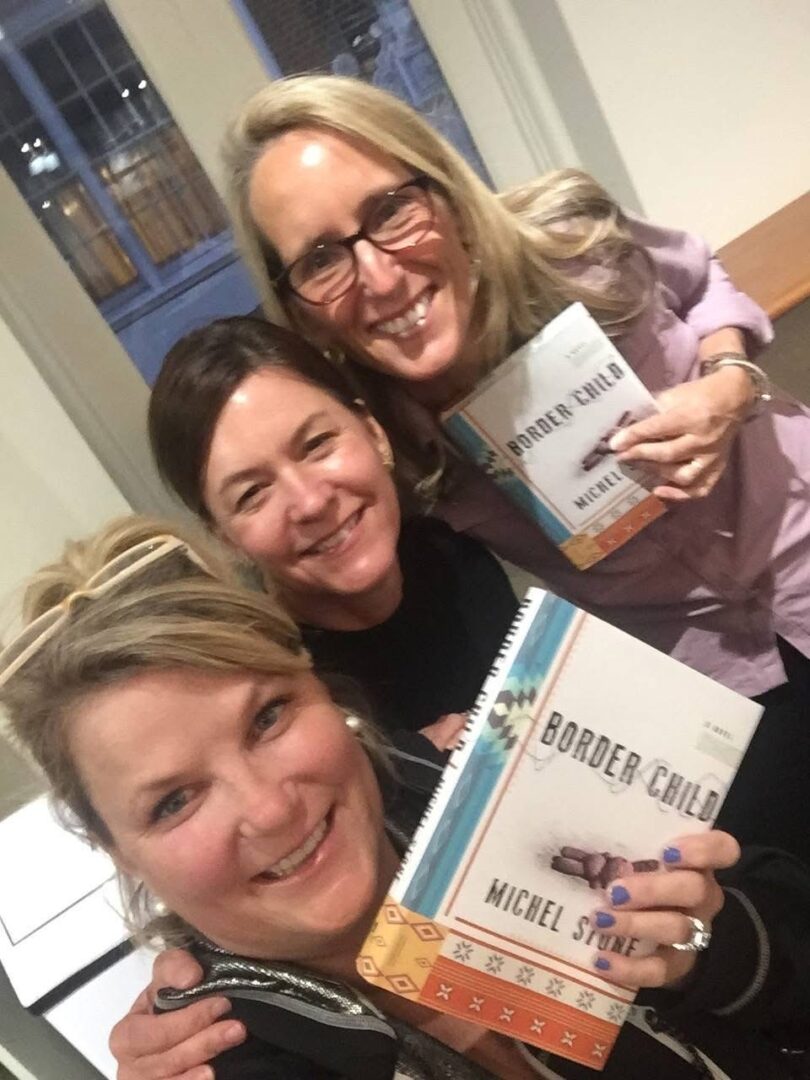
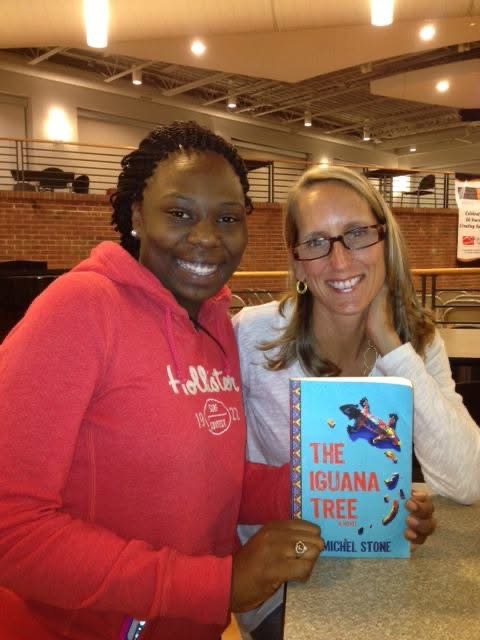
Looking back, what do you think were the three qualities, skills, or areas of knowledge that were most impactful in your journey? What advice do you have for folks who are early in their journey in terms of how they can best develop or improve on these?
Perseverance, positivity, vulnerability. Young writers often want to know that one magic piece of advice to becoming a published writer. I’m not sure a silver bullet exists, but here’s my two cents: put your rear end in the chair and write. I have known some talented writers with unusual creativity and a beautiful command of language. Many of them have yet to be published largely from lack of stick-to-it-ive-ness. Meaning: you must be persistent, determined, and resolute, even in the face of challenges or setbacks. And even then, know that you likely will never be a NYT best-selling author. I read somewhere that the average novel published in the United States sells under 3000 copies. And that figure factors in the likes of James Patterson and John Grisham. A mentor once encouraged me early in my writing life, when I was feeling low about the rejection letters stacking up. He told me not to give up, saying, “You’re a writer. Keep putting the words on the page in the order that only you can put them.” It was the best advice. Along with that I’d say become a voracious reader of a variety of genres. Develop a network of trusted writer pals. I have found that writers are generous advocates for other writers. Many people have helped me along my path and I try to do the same. Also, pay attention to the way people really talk. We don’t talk the way we learned to write dialogue in middle school. Our dialogue is largely bits and pieces, not whole sentences.
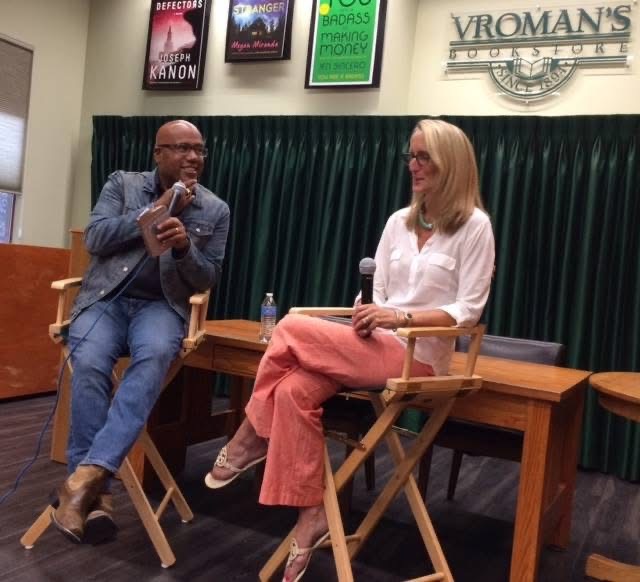
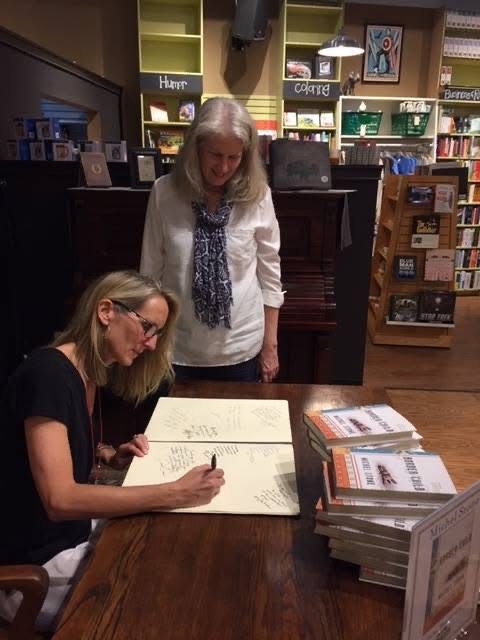
What was the most impactful thing your parents did for you?
My parents instilled in me a deep appreciation of family, nature, beauty, and simplicity. They valued one’s kindness, work ethic, imagination, and authenticity far more than one’s social circle or bank account balance. Good grammar and good manners were non-negotiable. And always, no matter what, they made certain I knew that they loved me.
Contact Info:
- Website: https://www.michelstone.com
- Instagram: michel.stone.writes
- Facebook: Michel Stone: Author
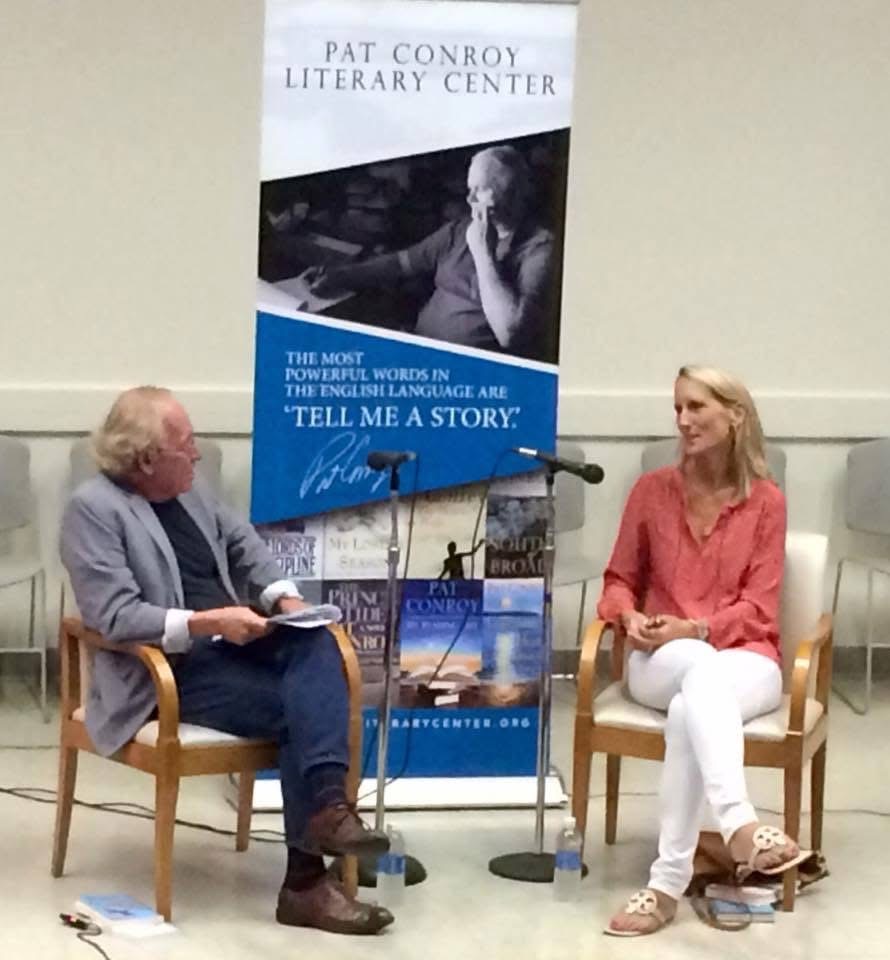

so if you or someone you know deserves recognition please let us know here.

